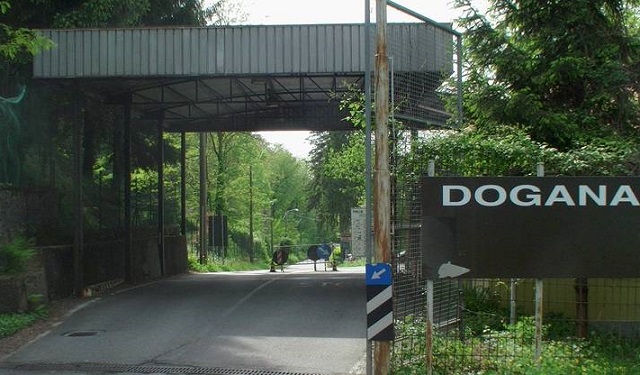Italy: Diplomacy on the ground over Swiss closed borders

Switzerland and Italy are in a diplomatic spat over Switzerland's decision to close three border crossings at night in a bid to fight crime.
The Foreign Ministry on Tuesday summoned the Swiss ambassador for urgent talks Tuesday, emphasizing that the closings violate Europe's norms on free circulation. Switzerland, unlike Italy, is not a member of the European Union but has signed up to the passport-free Schengen zone and free movement of persons accords.
Swiss Ambassador Giancarlo Kessler told the ministry that the measure is temporary, experimental and will be reviewed in light of improved border security collaboration, according to a ministry statement.
However, the Swiss parliament approved the six-month trial phase, which began April 1, to determine if it has any repercussions, including in the fight against cross-border crime, the Swiss federal customs administration said. Last year the Swiss authorities caught some 33,844 illegal immigrants entering canton Ticino from Italy.
So, the crossing points at Pedrinate, Novazzano-Marcetto and Ponte Cremenaga in Como and Varese provinces will be closed and barred from 11 p.m. to 5 a.m. Italian mayors in the region had protested the move as penalizing Italians who legitimately cross the border for work or other reasons.
Italy's northern border has long been a flashpoint with neighboring Switzerland, France and Austria, which are keen to prevent newly arrived migrants from transiting north.
The crossings from the Italian provinces of Como and Varese have an average nightly traffic of 90 vehicles during the week and 110 vehicles on weekends, 20 percent of which are Swiss vehicles, according to Swiss authorities.
Around 62,000 Italians travel every day to work in Switzerland’s Italian-speaking region of Ticino with a hefty 27% of the canton’s workforce made up of commuters from Italy.

